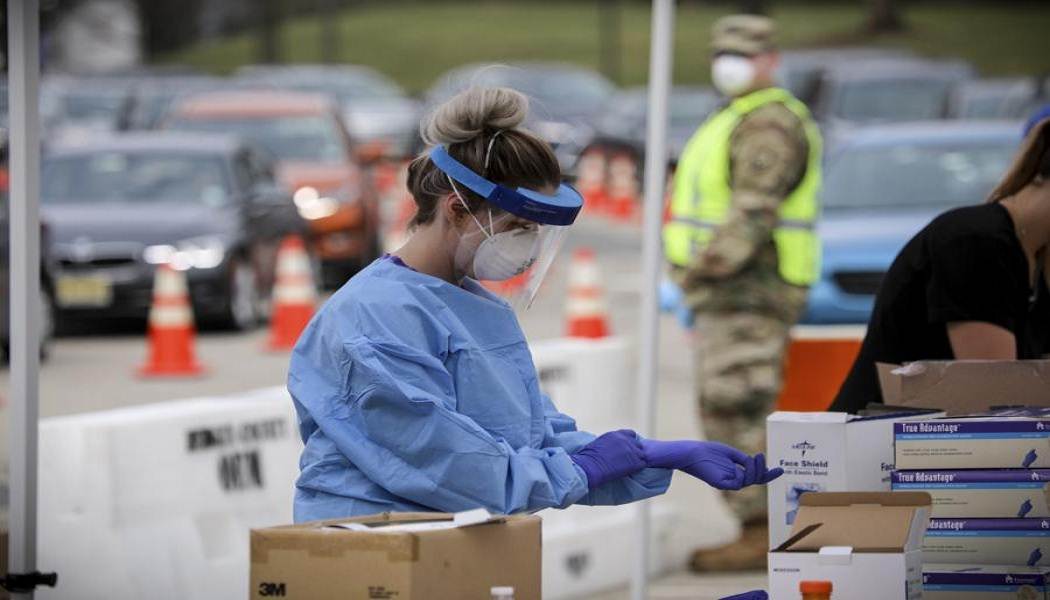More care work, threatened job loss, domestic violence: women are more affected by the social consequences of the corona crisis than men. A global data analysis shows that the state often leaves them alone. Why women are becoming “shock absorbers” in the corona crisis.
Why women are becoming “shock absorbers” in the corona crisis
A particularly large number of women are fighting the coronavirus as nurses at the front, they have to juggle the household and homeschooling during lockdowns, many lose their jobs in the informal sector, such as domestic servants – and the state often leaves them alone.
As the digital platform “COVID-19 Global Gender Response Tracker” of the UN agencies “UNDP” and “UN Women” reveals, many countries worldwide have not developed sufficient concepts to specifically protect and support women and girls in the corona crisis.
The UN’s “Gender Response Tracker” has evaluated a total of 2500 global corona measures for gender-sensitive aspects and analyzed how 206 countries and territories are taking action against violence against women and girls, relieving women of unpaid care work and strengthening their economic security.
Around a fifth of the countries examined have no strategies of this kind at all – and only 25 countries worldwide address problems in all three areas. The UN warns that progress for women could be set back decades by the pandemic.
The corona crisis exacerbates existing inequalities, also between men and women. “While men suffer from higher corona mortality rates, women are particularly affected by the economic and social consequences,” says Silke Staab, who works as a researcher and data specialist for “UN Women”.
According to Staab, women are at a higher risk of becoming victims of domestic violence because they are locked up with violent relationships during quarantine, and as unpaid carers in families and communities they have to fill the gaps left by closed schools, child care facilities and other services. In addition, they are particularly affected by the fact that insecure employment relationships are being lost “in an alarming way”.
Because women traditionally work more often in poorly paid and unsecured jobs: 740 million women worldwide earned their money in the informal sector before the crisis, according to a gender equality report by “UN Women”.
On average, women earn around 16 percent less than men worldwide, and in some countries even up to 35 percent less – they also shoulder the majority of unpaid care work, from raising children to caring for the elderly. Before the pandemic, women had to spend 4.1 hours a day on such care and household chores, compared with just 1.7 hours for men; now this unevenly distributed workload is still growing.
“The role of women as shock absorbers in crises like Covid-19 strengthens families and communities, but often has lasting negative effects on their economic security and autonomy,” warns Silke Staab of “UN Women”. It is known from previous crises that when the economy picks up, women’s employment recovers much more slowly than men’s.
Source: https://www.spiegel.de/
